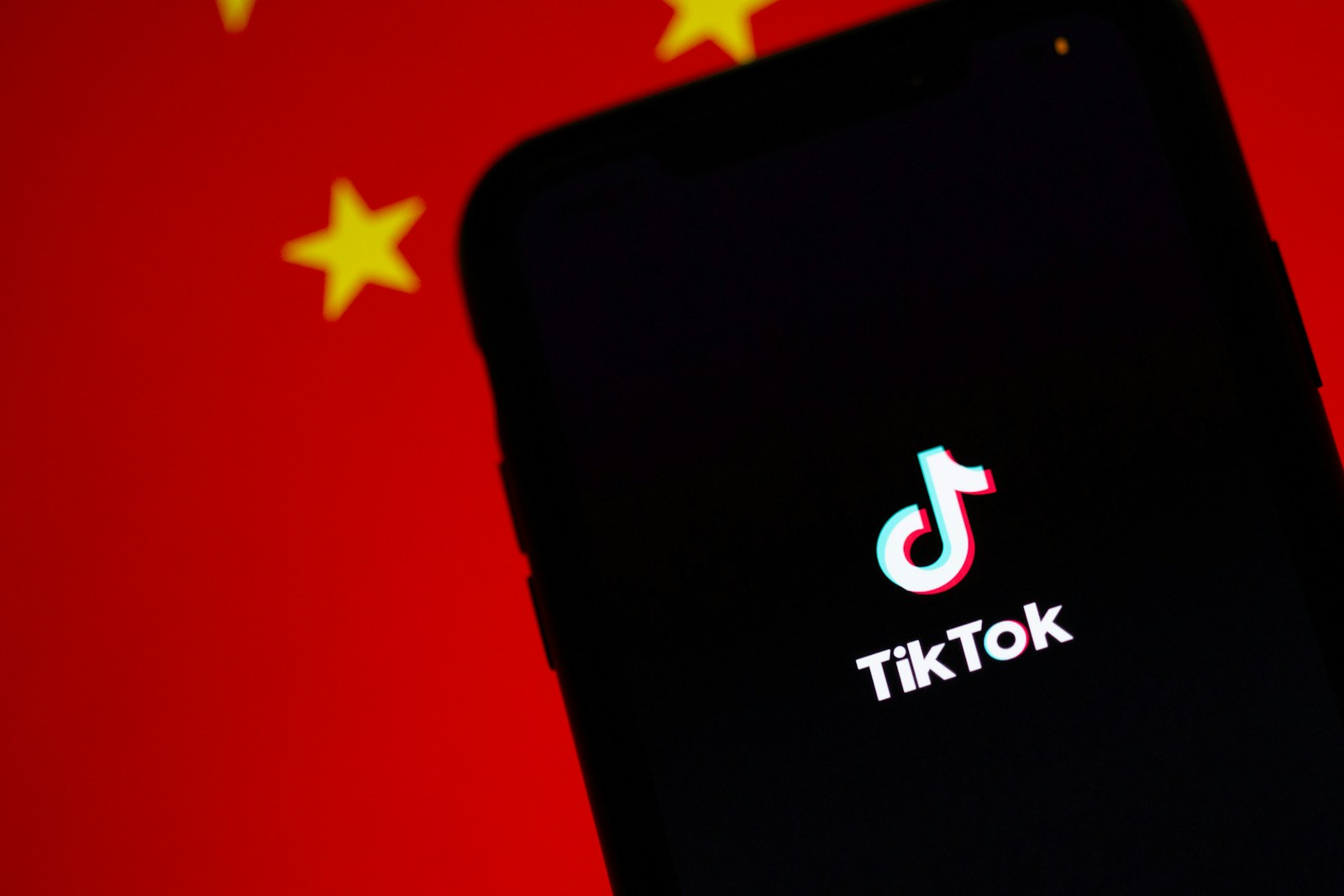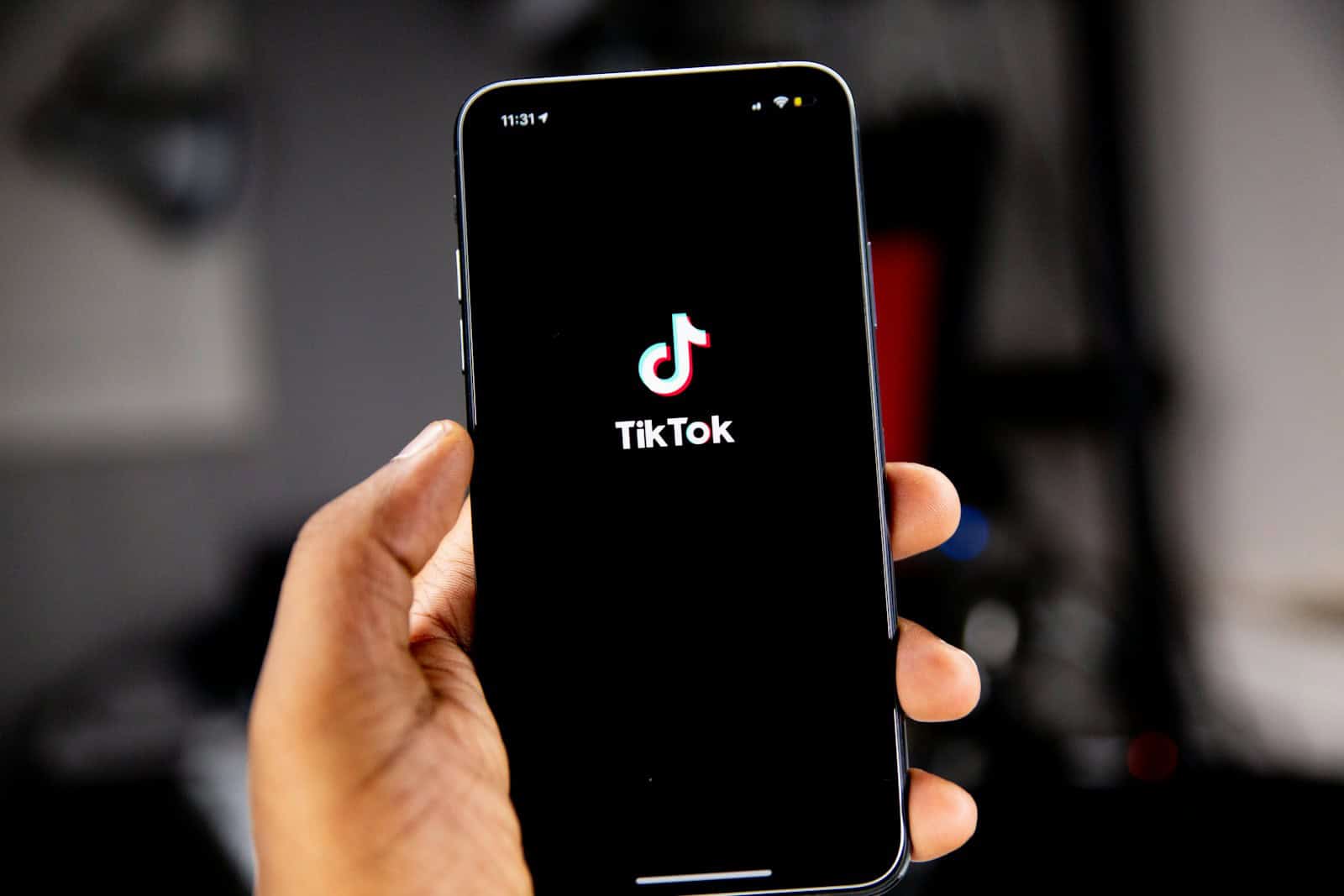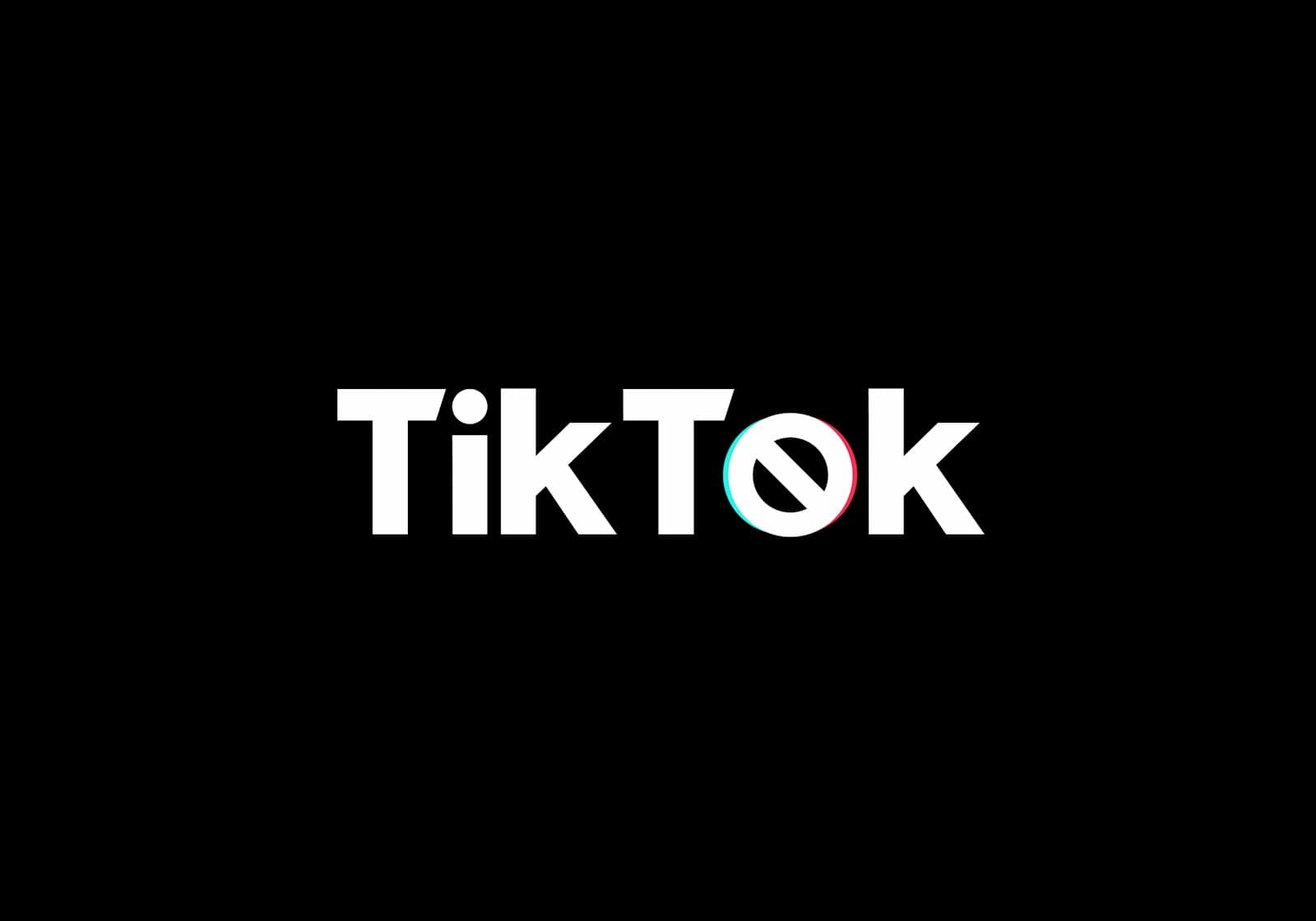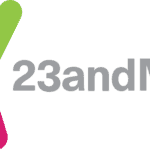In a surprise but not unprecedented move, President Donald Trump has issued an executive order granting TikTok’s Chinese parent company, ByteDance, an additional 75 days to sell its U.S. operations. The original deadline—set to expire on April 5, 2025—has now been pushed back to mid-June, offering a temporary reprieve in the ongoing battle between the popular short-form video app and the U.S. government.
A Temporary Lifeline for TikTok
The extension marks the second time the Trump administration has delayed enforcement of the bipartisan 2024 law that mandates either the sale of TikTok to a U.S.-based entity or an outright ban. The law stems from long-standing concerns over national security, specifically fears that the Chinese government could access personal data of U.S. users through ByteDance.
Trump’s executive order does not override the law but effectively sidesteps it—for now. Legal experts suggest that by simply choosing not to enforce the ban, the administration is walking a fine line between executive discretion and ignoring Congressional mandate. “It’s a political tightrope,” says constitutional law professor Lisa Dellman. “There’s a clear legislative directive here, and delaying enforcement repeatedly may start to test the limits of executive authority.”

Who Wants TikTok?
The clock is ticking, but several high-profile companies have expressed interest in acquiring TikTok’s American operations. Oracle, a recurring suitor, is reportedly back in talks, alongside Amazon and—surprisingly—OnlyFans. Each of these potential buyers brings a different set of capabilities and complications to the table. Any deal would not only need the blessing of the U.S. Committee on Foreign Investment (CFIUS) but also the Chinese government, which has strict export controls over the AI algorithms that power TikTok’s recommendation engine.
Analysts believe that the app’s U.S. operations could be worth anywhere from $40 billion to $60 billion, depending on what’s included in the sale—data, algorithms, or just the branding and user base.
Broader Implications Beyond TikTok
This isn’t just about one app. The TikTok standoff has become a proxy war over digital sovereignty, foreign influence, and the role of big tech in geopolitics. The U.S. is not alone in its concerns—India permanently banned TikTok in 2021, citing similar national security threats, and the European Union has launched its own investigations into how the app handles user data.
Moreover, the delay is fueling a broader conversation about how governments should handle tech giants that operate across borders but answer to foreign laws. Should algorithms be considered intellectual property or national infrastructure? Should user data be treated like oil—a resource to be protected and regulated?
What Happens Next?
With the extension, ByteDance has until late June to finalize a deal. If not, the company risks seeing TikTok removed from U.S. app stores, losing access to its more than 150 million American users. While TikTok has challenged bans in court before—and won temporary stays—this time the legal and political environment is more complex, with bipartisan support for the ban growing stronger.
In the meantime, TikTok remains operational, creators keep uploading, and users continue scrolling—unaware of just how close the platform may be to another existential crossroads. But the bigger question lingers: even if TikTok survives this round, will any foreign-owned platform ever feel truly safe from geopolitical flashpoints in the age of digital cold wars?
Key Takeaways
- President Trump has extended ByteDance’s deadline to sell TikTok’s U.S. operations by 75 days beyond the April 5 expiration date.
- The executive order gives TikTok more time to find an American buyer while avoiding an immediate ban in the United States.
- Multiple deadline extensions have occurred during this process as negotiations continue between ByteDance, potential buyers, and the U.S. government.
Background of the TikTok Extension Decision
President Trump’s decision to extend the TikTok sale deadline by 75 days represents another chapter in the ongoing tensions between the United States and China over technology and data security concerns.

The Initial Executive Order and Its Implications
In August 2020, President Trump signed an executive order that threatened to ban TikTok in the United States unless its Chinese parent company, ByteDance, sold the app’s U.S. operations to an American company. The order cited national security concerns, suggesting that the Chinese government could access data collected from American users.
The initial deadline gave ByteDance 45 days to divest its U.S. operations. This timeline was later extended once as negotiations continued with potential American buyers.
Trump’s executive order sent shockwaves through the social media landscape and raised questions about the future of the popular platform in America. The order represented one of several actions taken by the Trump administration to limit Chinese technology influence in the United States.
Bytedance’s Ownership and Response to the Order
ByteDance, TikTok’s parent company based in Beijing, initially pushed back against the executive order. The company filed legal challenges, arguing that the administration’s actions were politically motivated rather than based on legitimate security concerns.
While fighting the order in court, ByteDance simultaneously sought potential American buyers. Several U.S. companies expressed interest, including Microsoft, Oracle, and Walmart.
The proposed deal structure evolved over time. One arrangement involved Oracle and Walmart taking partial ownership stakes while ByteDance retained majority control. However, this arrangement faced scrutiny as critics questioned whether it adequately addressed the national security concerns raised in the executive order.
The 75-day extension provides more time for the parties to reach a solution that satisfies both the administration’s security demands and ByteDance’s business interests.
National Security Concerns
The extension of TikTok’s deadline is directly tied to significant national security issues that have worried U.S. officials. These concerns center around data collection practices and the potential regulatory framework needed to address them.
Data Privacy and User Safety Issues
TikTok’s data collection practices have raised red flags among security experts. The app collects various personal data including IP addresses, browsing history, and location information from millions of American users. This data could potentially be accessed by the Chinese government through ByteDance, TikTok’s parent company.
Security researchers have pointed out vulnerabilities in how TikTok handles user information. The app’s algorithm, which determines what content users see, has also been scrutinized for potential manipulation capabilities.
User safety remains a primary concern, particularly regarding children who make up a significant portion of TikTok’s audience. Critics argue that ByteDance’s ties to China create risks that personal data could be used for surveillance or influence operations.
Governmental and Legal Considerations
The Trump administration’s original executive order cited the International Emergency Economic Powers Act as legal justification for forcing ByteDance to divest TikTok’s U.S. operations. This approach has faced legal challenges, with courts questioning the scope of executive authority in this matter.
Several federal agencies, including the Committee on Foreign Investment in the United States (CFIUS), have been involved in reviewing TikTok’s operations. Their assessments focus on whether foreign ownership presents genuine national security risks.
The extended deadline gives more time to find solutions that might include:
- Enhanced data security protocols
- U.S.-based data storage requirements
- American oversight of algorithms
- Independent security audits
The Supreme Court has not yet weighed in directly, though similar cases involving executive power and national security may influence the outcome of this ongoing situation.
Economic and International Relations Impact
The extension of TikTok’s deadline has significant implications for both economic relationships between the US and China and the broader technology sector. This decision occurs during ongoing trade tensions and reflects the complex interplay between national security concerns and international business interests.
Potential Effects on US-China Trade and Tariffs
The 75-day extension for TikTok’s sale reflects the complicated economic relationship between the United States and China. This delay could be interpreted as a strategic move in the larger trade negotiation context between the two economic powers.
Chinese officials have previously expressed concerns about forced sales of Chinese companies, viewing such actions as potential violations of free market principles. The extension might temporarily ease tensions, providing diplomatic space for negotiations on other trade matters.
If TikTok fails to secure American ownership within this new timeframe, it could trigger retaliatory measures from China against US companies operating there. Some analysts suggest this could impact current tariff structures and ongoing trade discussions.
The situation highlights how digital platforms have become central to international trade relations in ways that traditional goods and services weren’t in previous decades.
Influence on Technology and Social Media Markets
TikTok’s uncertain future has created ripples across the technology and social media landscapes. American tech companies like Microsoft, Oracle, and Walmart have shown interest in acquiring the platform’s US operations, recognizing its massive user base and algorithm value.
The extended deadline gives potential American buyers more time to structure complex deals that satisfy both regulatory requirements and business objectives. Acquiring TikTok’s algorithm—often considered its most valuable asset—remains a key challenge due to China’s export control laws on technology.
Social media competitors have been closely monitoring the situation, with platforms like Instagram and YouTube launching TikTok-like features to capture market share during this period of uncertainty.
The extension also impacts investor confidence in cross-border technology investments. Venture capital flowing between US and Chinese tech sectors has already decreased amid growing concerns about regulatory uncertainties and potential forced divestitures of successful platforms.
Implementation and Compliance Strategies
With the extended 75-day deadline, TikTok must now develop concrete plans to address security concerns while maintaining its operations in the US market. These strategies focus on both technological solutions and partnership arrangements to satisfy regulatory requirements.
Technological Solutions to Security Risks
TikTok faces the challenge of implementing robust security measures during this extension period. The company has proposed creating a secure data environment where American users’ information would be stored exclusively on US-based servers, isolated from Chinese access.
Oracle has emerged as a potential technology partner to handle data storage and security protocols. This arrangement would include independent auditing of data flows and access controls to verify compliance.
Authentication systems will likely be enhanced to prevent unauthorized access. The company also plans to restrict geolocation data collection to what’s strictly necessary for app functionality.
New consent mechanisms are being developed to give users clearer choices about how their data is used. These would comply with US privacy standards and regulations.
Partnership and Transition Plans for Continued Operation
The extended deadline gives TikTok more time to finalize potential partnership structures with American companies. Several models are under consideration, including a technology partnership arrangement that doesn’t require complete divestiture.
A proposed oversight board of US citizens would monitor content policies and algorithm development. This governance structure aims to ensure American values are maintained in content moderation practices.
TikTok is developing transition plans for services development that would separate US operations from Chinese parent ByteDance’s technical infrastructure. This includes creating independent systems for content measurement and audience research.
Business continuity plans address how the platform would continue operating during any ownership or structure changes. These include preserving creator relationships and maintaining advertiser confidence throughout the transition process.
Frequently Asked Questions
President Trump’s decision to extend the TikTok deadline by 75 days has raised numerous questions among users, potential buyers, and international observers. The extension shifts the compliance date from April 5, 2025, to mid-June, creating significant implications for all parties involved.
What are the implications of the extended TikTok deadline for U.S. users?
U.S. TikTok users can continue using the platform without interruption for at least another 75 days. This extension prevents an immediate ban that would have cut off access to the popular social media app.
The additional time allows users to maintain their accounts, followers, and content while negotiations continue behind the scenes. Many creators who rely on TikTok for income or audience engagement have expressed relief at this temporary reprieve.
How will the TikTok deadline extension affect negotiations with potential American buyers?
The 75-day extension gives potential American buyers more time to structure deals and conduct proper due diligence. Companies interested in acquiring TikTok’s U.S. operations now have until mid-June to finalize negotiations.
This extended timeframe may allow for more competitive bids and better terms for all parties. It also provides opportunity for addressing complex technical challenges related to separating TikTok’s U.S. operations from its global platform.
Does the 75-day deadline extension impact TikTok’s legal challenges in the United States?
The extension directly affects ongoing legal challenges by giving TikTok more time to pursue its arguments in court. Several lawsuits challenging the constitutionality of the forced sale remain active in federal courts.
This additional time might allow for more thorough legal proceedings before any final decisions must be implemented. Courts now have extended timelines to consider the complex legal questions surrounding government-mandated technology transfers.
What reasons did the administration provide for granting TikTok an additional 75 days?
The Trump administration cited ongoing negotiations as the primary reason for the extension. Officials noted that significant progress had been made in addressing national security concerns, justifying additional time for these talks.
The administration also acknowledged the complexity of transferring TikTok’s technology and user data to American ownership. This extension reflects recognition that rushed deals might create unintended consequences for users and businesses.
How might the deadline extension influence TikTok’s global operations?
The extension provides TikTok’s parent company ByteDance with more stability to manage its global operations while addressing U.S. concerns. International markets remain unaffected by the American requirements, but uncertainty about the platform’s future in the U.S. had created business challenges worldwide.
This additional time allows ByteDance to develop more comprehensive strategies for potentially operating with different ownership structures in different regions. Global advertisers and partners also benefit from increased clarity about TikTok’s near-term future.
What measures should TikTok users take in light of the deadline extension?
TikTok users should continue backing up important content to other platforms or storage solutions. Despite the extension, the ultimate outcome remains uncertain, making content preservation a wise precaution.
Creators who rely on TikTok for income should use this time to diversify their social media presence. Building audiences on multiple platforms provides security regardless of TikTok’s ultimate fate in the United States.
Users should also stay informed about developments in the negotiations and legal proceedings. Official announcements from TikTok and government sources will provide the most reliable information about future changes to the platform’s status.







